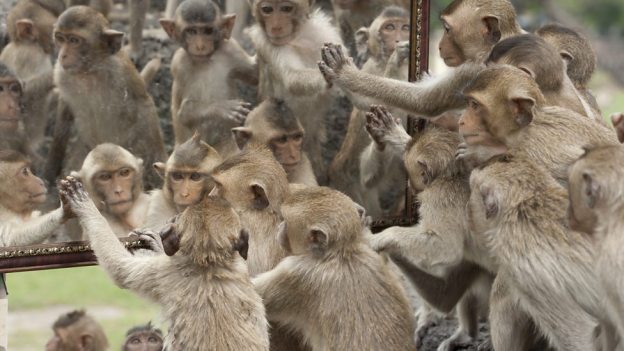While many of us would prefer not to give it much thought, monkeys are often used in laboratory tests during the development of key medical products such as the Covid-19 vaccines. Sadly, the global trade in nonhuman primates can involve murky dealings, including smuggling of illegal animals. The resulting blowback is of great concern to America’s world-leading medical research. Due to rising biomedical-research needs—and the limited supply of long-tailed macaques from breeding farms in Southeast Asia—there has long been a black market for monkeys caught in the wild. Rampant smuggling was a key reason behind the International Union for Conservation of Nature’s decision in 2022 to change long-tailed macaques’ status from “vulnerable” to “endangered.”
The U.S., the world’s largest importer of the animals, finally is doing something about it, but coordination among various government agencies has been faulty. Federal prosecutors in November 2022 charged eight people with running an international operation to poach wild monkeys. Among those charged were two Cambodian wildlife officials, one of whom was arrested in the U.S.—while traveling to an endangered-species conference. The largest U.S. monkey importers have received subpoenas as part of the probe, leading them to temporarily halt shipments from Cambodia.
The crackdown is exacerbating a shortage of nonhuman primates for research in the U.S. About 60% of the 30,000 biomedical-research monkeys imported annually to the U.S. used to come from China, but Beijing banned those exports during the pandemic, forcing American companies to pivot to Cambodia. The Chinese move, many in the industry say, was designed to give that nation an edge in the biomedical field in the midst of a pandemic and a trade war between the two superpowers… The shortage has driven up the cost of a nonhuman primate to more than $30,000 in 2023, from about $2,500 prepandemic, according to Elizabeth Anderson, an analyst at Evercore ISI.
The shortage is leading to a scramble to find different sources for research primates. But raising monkeys for laboratory testing takes years, so there is no immediate fix, even though alternate sources are growing in places like Mauritius, Indonesia, Vietnam and the Philippines.
Excerpts from David Wainer, Monkey Business Threatens U.S. Drug Discovery, WSJ, Mar. 3, 2023
